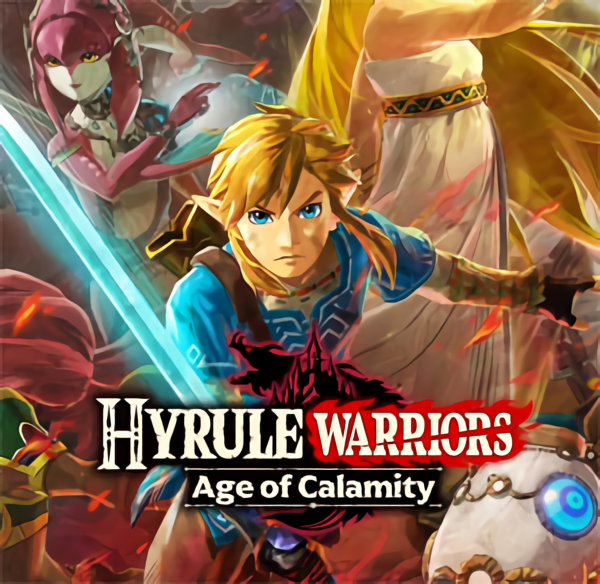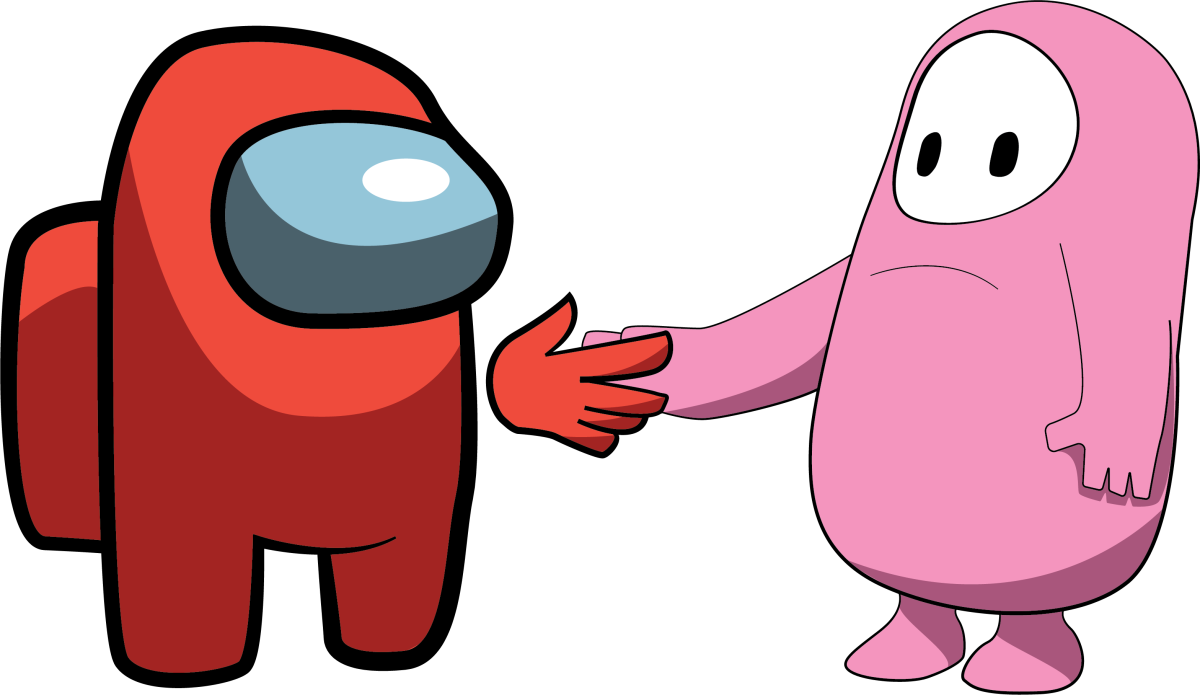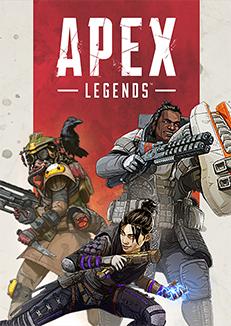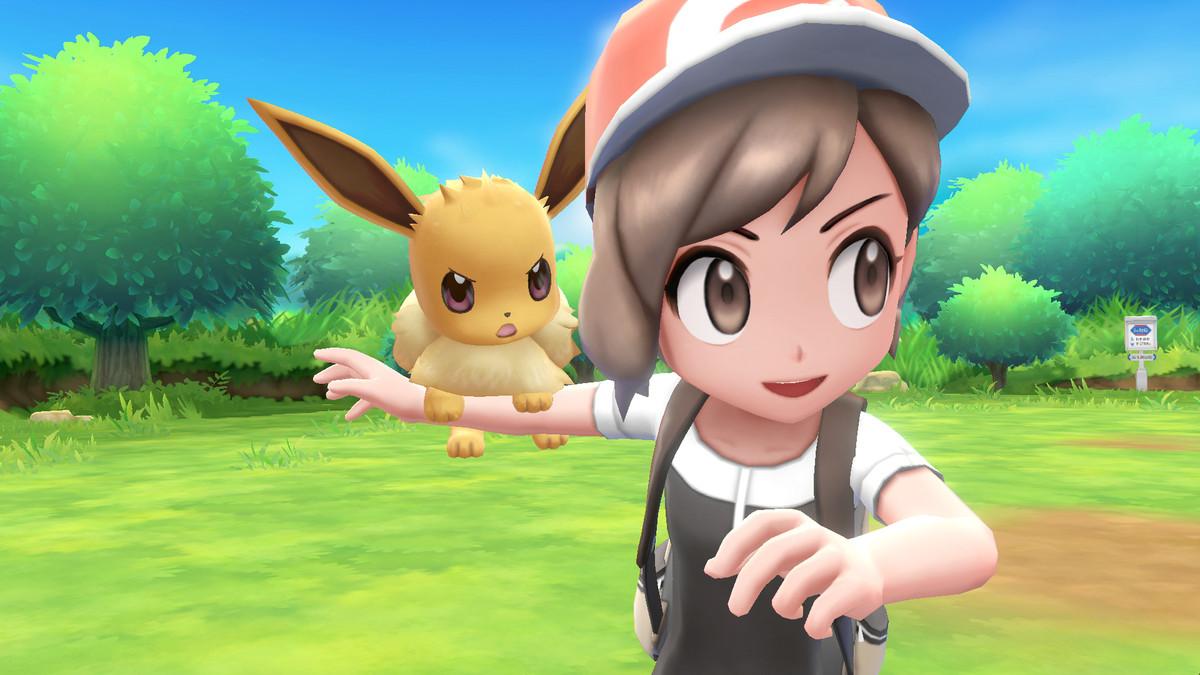Matthew Maravilla
Most video games have a sort of fantasy to them. Where else can one experience being a bear driving a semi-truck or being a cheerleader killing zombies with a chainsaw? In my opinion, video games are great because they can take us to places we can’t normally go; we can go back in time, go to the distant future, travel the stars, ride dinosaurs, and jump all over puffs of clouds. Then, Gone Home came around and changed all of that.
Gone Home is a first-person exploration game by the Fullbright Company. If you have to know something about the studio, they used to work on a couple of Bioshock 2 DLC’s before creating Gone Home. You play as Kaitlin Greenbriar, the eldest daughter of the Greenbriar family who just came back from a long trip through Europe. The moment you get home, no one and nothing is there to greet you except a letter from your sister, Sam Greenbriar.
Gone Home is a unique game in which you are tasked with exploring an empty house. There aren’t any monsters, frights, special powers, or tricks. You can pick things up and examine items but other than that, there isn’t anything else mechanically holding you down to keep you playing.
The reason keeping you into Gone Home isn’t the gameplay since it’s only an exploration game. In fact, Gone Home is a really boring game about really ordinary people. There are a lot of fellow college kids who try to find themselves by gallivanting through the world, along with people who’ve messed up or gained huge success. The Greenbriar household shouldn’t be interesting nor should I be applauding a game like Gone Home, but I am.
I’m stuck playing Gone Home because I want to know more about the Greenbriar family. Unlike other games I’ve played, Gone Home hits home with me, as someone who has a slightly rebellious younger sister.
However, it isn’t just because I’m in a similar position as Kaitlin that I feel emotionally attached to Gone Home. Gone Home looks at life. Life is full of sadness and failure along with smiles and optimism. My parents bought tacky Christmas decorations. When I go to the mall and walk through a big department store, the on-sale aisles are always packed. Gone Home looks at these kinds of regular people. From the embarrassing moments to life-changing events like marriages and relocations, Gone Home feels as regular and normal as sitting on a couch on a quiet fall day with your mom or dad cooking tonight’s dinner as your younger sibling is pestering you to do his or her homework.
Gone Home is as magical as any other game. It transports players to a quiet place to think about themselves, about who they are, where they’ve been, and what they’ve done. The fact that it takes place in 1995 makes it feel even more like a personal reflection to our lives. It metaphorically asks players questions like “Did you give up?” and “Are you happy?” The personal stories of Samantha Greenbriar also made me wonder if I’m doing what I always wanted to do, or if I was being forced to live the life I’m living now.
Bottom Line:
At first glance, Gone Home may appear to be a game that is not worth anyone’s time, but because the current video game industry tries to focus heavily on metaphors and symbolism or escapism and fantasy, Gone Home is definitely a game everyone should play. This is a game about boring, everyday people just being themselves, but the story is actually very dramatic surprising – that’s life. People have their moments and Gone Home clearly defines that aspect of humanity.
You have to play Gone Home only because it isn’t like any game you have ever played before. Gone Home makes you think about the life you missed and questions where you’re going.

































